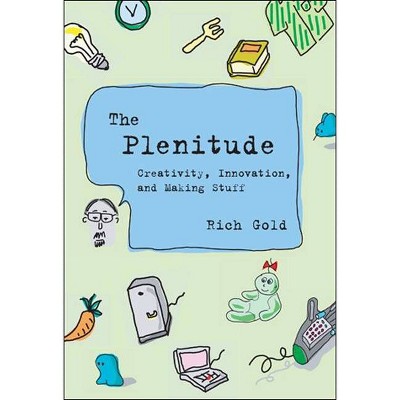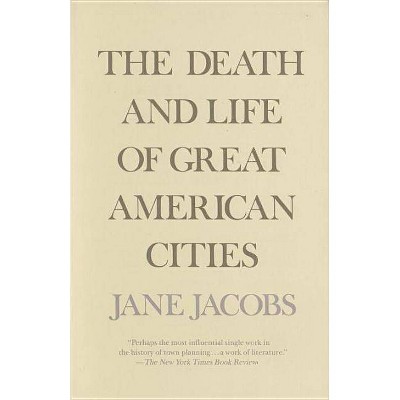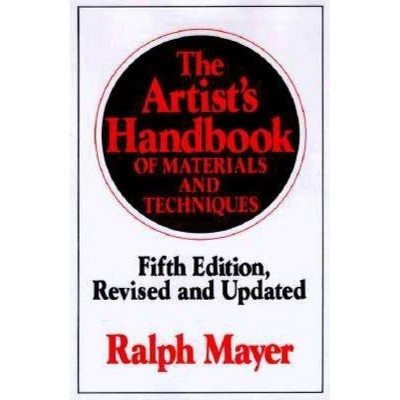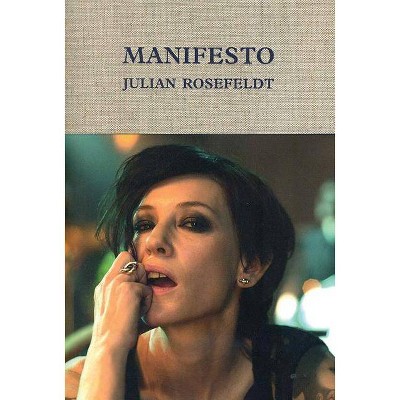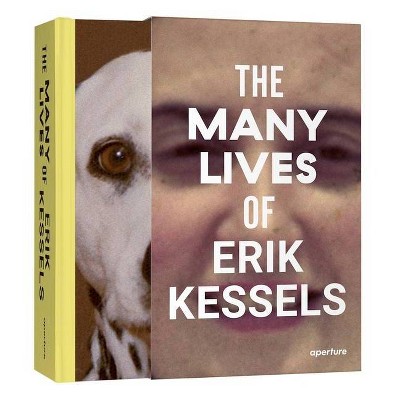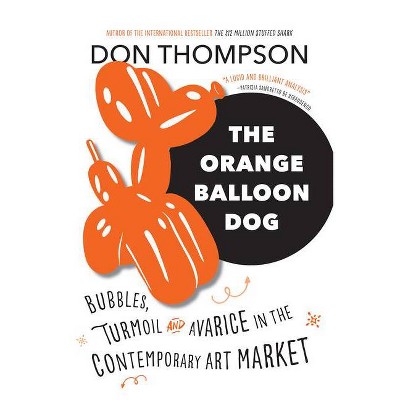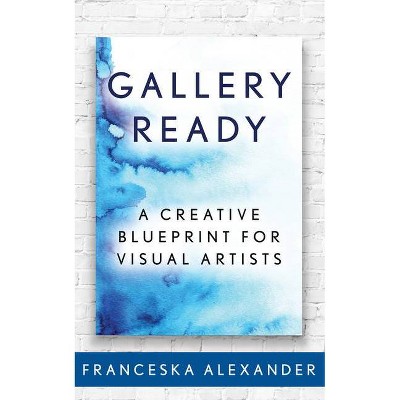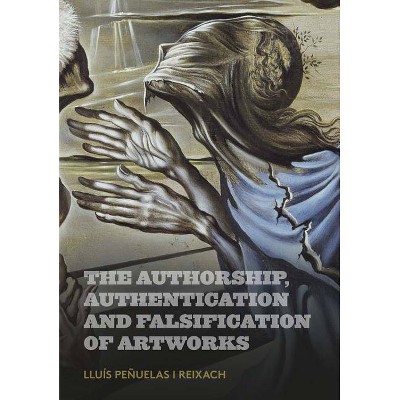Mismatch - (Simplicity: Design, Technology, Business, Life) by Kat Holmes (Paperback)
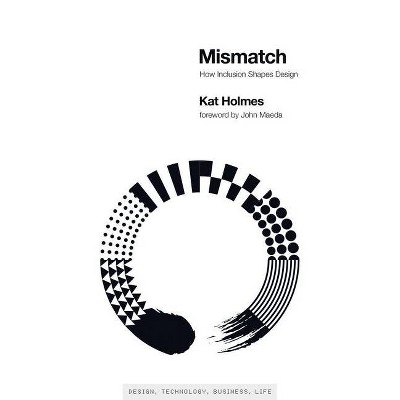
Similar Products
Products of same category from the store
AllProduct info
<p/><br></br><p><b> About the Book </b></p></br></br>How inclusive methods can build elegant design solutions that work for all.<p/><br></br><p><b> Book Synopsis </b></p></br></br><b>How inclusive methods can build elegant design solutions that work for all.</b><p>Sometimes designed objects reject their users: a computer mouse that doesn't work for left-handed people, for example, or a touchscreen payment system that only works for people who read English phrases, have 20/20 vision, and use a credit card. Something as simple as color choices can render a product unusable for millions. These mismatches are the building blocks of exclusion. In <i>Mismatch</i>, Kat Holmes describes how design can lead to exclusion, and how design can also remedy exclusion. Inclusive design methods--designing objects <i>with</i> rather than <i>for</i> excluded users--can create elegant solutions that work well and benefit all.</p><p>Holmes tells stories of pioneers of inclusive design, many of whom were drawn to work on inclusion because of their own experiences of exclusion. A gamer and designer who depends on voice recognition shows Holmes his "Wall of Exclusion," which displays dozens of game controllers that require two hands to operate; an architect shares her firsthand knowledge of how design can fail communities, gleaned from growing up in Detroit's housing projects; an astronomer who began to lose her eyesight adapts a technique called "sonification" so she can "listen" to the stars.</p><p>Designing for inclusion is not a feel-good sideline. Holmes shows how inclusion can be a source of innovation and growth, especially for digital technologies. It can be a catalyst for creativity and a boost for the bottom line as a customer base expands. And each time we remedy a mismatched interaction, we create an opportunity for more people to contribute to society in meaningful ways.</p><p/><br></br><p><b> Review Quotes </b></p></br></br><br>Kat Holmes shows us how to make inclusion a source of innovation. An important read for anyone who aspires to build great products for the greatest number of people. <b> - Satya Nadella, CEO, Microsoft </b> <p/> Design shapes our human experience. As software changes our world, inclusive thoughtful design will be even more important. In this absorbing and important book, Kat Holmes lays out clear steps and the role we can each play to overcome bias and create inclusive design. <b> - Victoria A. Espinel, CEO of BSA The Software Alliance </b> <p/> Kat Holmes's approachable book, <i>Mismatch</i>, calls to tech industry leaders and designers to create inclusion by making a world that invites all of us to participate and benefits everyone. Designing for the future, Holmes convinces, requires designing for human diversity. <i>Mismatch</i> is a manifesto, a primer, and a rousing invitation for everyone in the design and production process to become inclusion experts who will collectively make a better, more effective, and more just world for us to share. <b> - Rosemarie Garland-Thomson, Professor of English and Bioethics at Emory University, author of <i>Extraordinary Bodies</i> and <i>Staring: How We Look</i> </b> <p/> Design at its best gladdens our lives, and shapes the way we experience the world -- but it can limit that experience, too. Counters may be too elevated for someone in a wheelchair, and playgrounds built solely for able-bodied children a trial for those who can neither run nor climb. Even a magical faucet, built to flow at the wave of a hand, is ill suited for the blind. In <i>Mismatch</i>, a crusading and important look at how design can frustrate and even alienate users, Kat Holmes compels us to be more inclusive. She shows us that design requires not only ingenuity but humility. It must solve problems, yes, but it must also work with those excluded to reimagine and improve their experiences. <b> - Caroline Baumann, Director, Cooper Hewitt, Smithsonian Design Museum </b><br><p/><br></br><p><b> About the Author </b></p></br></br>Kat Holmes, named one of <i>Fast Company</i>'s "Most Creative People in Business" in 2017, is founder of Mismatch.design, a firm with the mission of advancing inclusive education and resources. She served as the Principal Director of Inclusive Design at Microsoft from 2014 to 2017, and led that company's executive program for inclusive product innovation. As an executive at Google and, currently, Salesforce, Holmes continues to advance inclusive development for some of the most influential technologies in the world. <p/>An internationally recognized leader at the intersection of design and technology, John Maeda is Executive Vice President/Chief Experience Officer at Publicis Sapient. He was the 16th President of the Rhode Island School of Design (RISD). He is the author of <i>Design by Numbers</i>, <i>The Laws of Simplicity, </i> and <i>Redesigning Leadership</i>, all published by The MIT Press.
Price History
Cheapest price in the interval: 14.39 on October 22, 2021
Most expensive price in the interval: 14.39 on December 20, 2021
Price Archive shows prices from various stores, lets you see history and find the cheapest. There is no actual sale on the website. For all support, inquiry and suggestion messages communication@pricearchive.us

